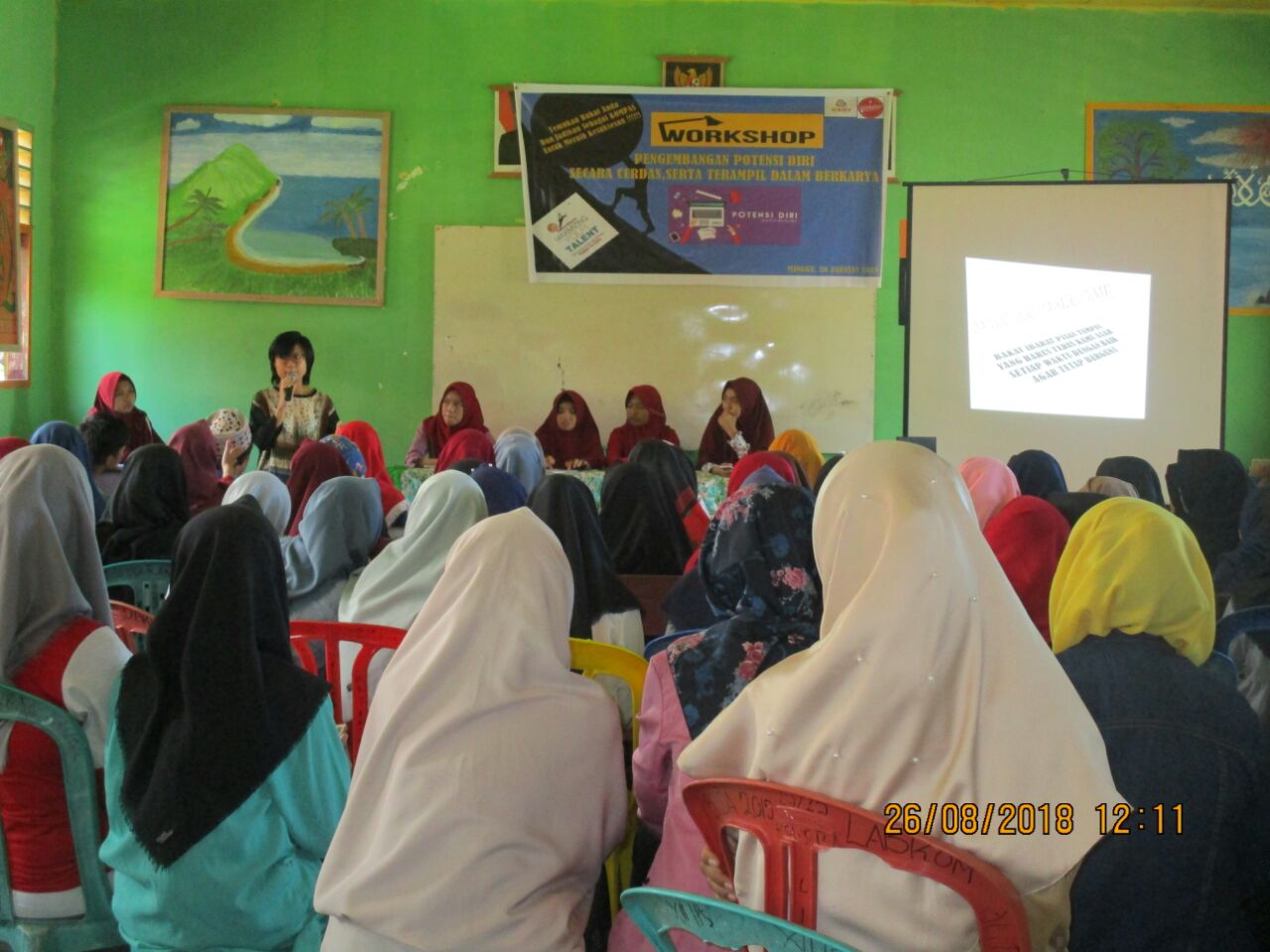
Teaching and Learning situation in Paleleh, Central Sulawesi


Teaching and Learning situation in Paleleh, Central Sulawesi
Whether we like it or not, Indonesia should admit that despite the recent achievements that our country made, we are still lagging behind in ensuring an inclusive state of welfare for all the citizens. According to Eurostat (2019) there are 9 indicators determining one’s quality of life and personally, I consider 3 of them to be quite pertinent to our nation’s case: education, economy and health care. I bet they do not sound strange as these are familiar hot topics that have captured all of our eyes almost everyday, looking at them from all sides possible. The question is - are we now at the stage of producing non-stop discourses yet lacking in concrete actions? People are crying to see actions being done, and now we do have tons of documents analyzing the situations, providing solutions, yet still lacking in results - and am I not guilty of repeating the exact thing I am criticizing? Maybe yes, or not, it depends on how we respond to the idea I am hoping to share here.
As I have used the word pertinent to the three aspects of life quality above, I am not going to retract back my word and consider one or the other as less important. However, drawing from my past experiences and interests, I would want to zoom in even closer to education, and only stop until I see the key pillar in education, which is the teacher. Talking about the quality of our human capital, we cannot run away from the question on how are we now educating our younger generation, have we invested wisely in cultivating the students with the bright mind, right heart and ready hands? Taking good care of our teachers are extremely important as Mr. Beneviste (2018) from World Bank as the Practice Director for the Education Global Practice has frankly said that teachers are the pillar in having a good quality education. A good quality education will then ensure the quality of our people, improving the quality of life and hopefully working in tandem with our fellow economic activist toward the inclusive growth that we are looking toward to.
Now enough talking and back to business.
The Goal and the Goal-Breaker
Briefly speaking, what we envision is an equally distributed quality education carried out by our qualified and equipped teachers. Unfortunately, the reality of having quality teaching force is quite far from that equal distribution. We could say that the major cities and islands in Indonesia could be left running on their own at the moment, but there are other underdeveloped regions who need more hand-holding. If we say that Indonesia is lagging behind, these regions are among the group of rear runners. They are still in the same journey, but there is something that we can do to bring the group back on track faster.
The Idea
At this point, we are coming to a focused point to place our attention to a rather small geographical scale - the underdeveloped regions of Indonesia such as the remote villages in the central-east or eastern part of our archipelago. With the highlighted issue on having quality teachers, we hope to accelerate these regions to have this starting point by providing a structured and monitored mentorship program by a team of selected individuals with the capacity, competence, heart and motivation to serve the nation. This team of mentors will be delegated to take care of teachers in the area they are sent to and to journey with them for a designated period of time (1, 3 or 5 years) until they are ready to mentor the next generation of teachers in the area.
The Projected Benefits
There will be at least five stakeholders in this initiative - the central government, the local government, the team of mentors, the local teachers and our beloved students. Direct benefits from this program will be felt by the local teachers and the students. The guidance from the mentors will support the teachers’ professional development in their lesson delivery, classroom management and leadership ability, as they are being prepared to be the next batch of mentors. As this mentorship will not take the teachers out from their daily work, the students will then be a part of the journey where there will be improved teaching materials and pedagogy during the lessons. As the teachers under the mentorship is growing, they will then impact their own students positively. This two-fold impact is also a part where the growth in this region is being accelerated to keep up with the rest of the nation, and the world.
Concrete Steps
This program will need five stages to complete one cycle of mentorship:
Brainstorming and writing on this took less than a month, but I hope that whoever feels the spark when reading this, could start accelerating their steps and take this mentorship program into reality.